Disability & Dating ~ Q&A
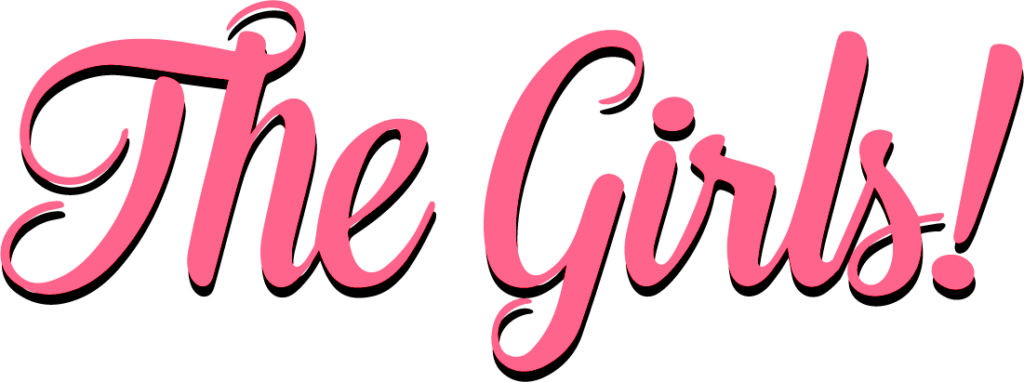
Four women with different forms of muscular dystrophy answer questions on body confidence, dating, sex and relationships…
*Names have been changed
1. Do you identify as a sexual being?
Becky, 22, SMA Type 2: “Of course! I have fully functioning sexual organs and like anyone else, I have sexual desires. Having a physical disability, like mine, does not affect either of those.”
Amy, 30, Congenital Muscular Dystrophy: “Yes, most definitely. We all have wants and desires regardless of our physical abilities.”
Sarah, 27, SMA Type 2: “I’ve always felt like a sexual being and desired an intimate relationship. However, throughout my teenage years and thereafter, I didn’t imagine anyone would want that type of relationship with me, so I relied on myself for any sexual needs.”
Laura, 24, Limb Girdle MD: For years I actually didn’t see myself as a sexual being because I hated my body and I truly believed that no one would ever want to be with me. It wasn’t until I reached my twenties and craved intimacy that I actively searched for a sexual partner.
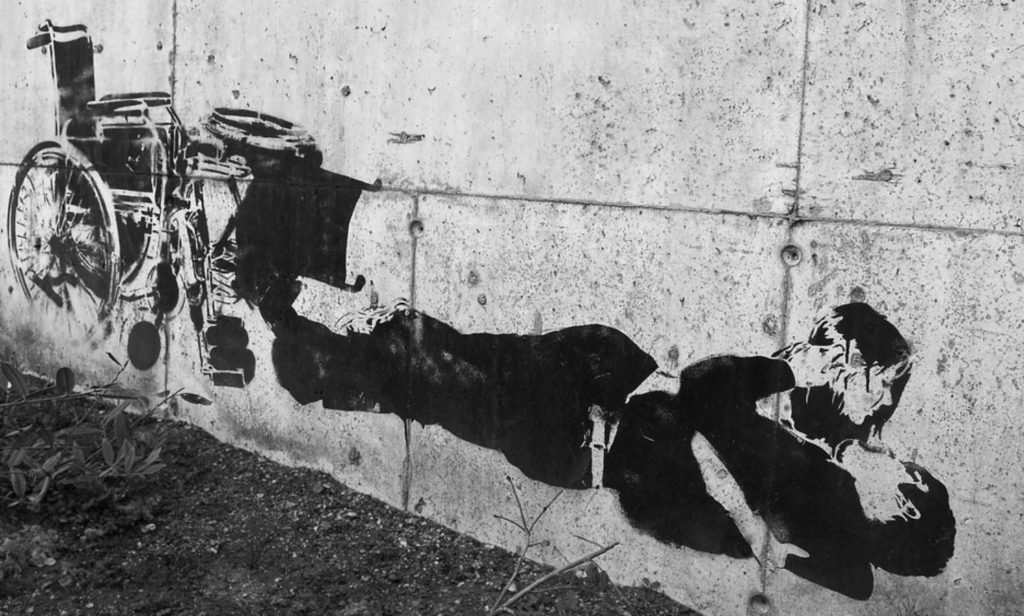
2. How does your body confidence (or lack of) affect your sex life?
Becky, 22, SMA Type 2: “I would say that my lack of body confidence is the only thing that affects my sex life. From the age of 16, I’ve struggled with social anxiety which stems from the dislike of my body and the way my disability has ‘deformed’ it. I have such a fear of rejection that I have missed many opportunities to start relationships (casual and serious). Therefore, my sex life has been affected. This issue was actually one of the reasons my last relationship ended. I pushed away my partner to the point that he couldn’t deal with my constant queries and need for reassurance. I was a nightmare!”
Amy, 30, Congenital Muscular Dystrophy: “Body confidence issues and insecurities definitely held me back from experimenting sexually. I’ve only had one sexual partner and he is my fiancé of the past 7 years, despite having two previous long-term relationships beforehand.”
Sarah, 27, SMA Type 2: “I have very low body confidence and some days I really hate how I look. But it has never really affected my sex life. I always find the first encounter with someone new quite stressful and it gives me a lot of anxiety at the thought of someone seeing my wonky body. But no guy has ever said anything negative – quite the opposite!
I’m now in a long-term relationship with someone who fully understands my body hang-ups. He’s patiently trying to improve my body confidence and even if I don’t believe it, it’s pretty awesome having someone telling me I’m beautiful at least once a day.”

3. Have you tried online dating? What are your biggest concerns/challenges when it comes to dating? Do you disclose your disability?
Becky, 22, SMA Type 2: “All my dating experience has been via online apps. Every date I’ve been on has actually been really positive and I’ve met some nice people. As most girls/guys find, it can be hard to distinguish who is genuine or not when talking to people online, and it can also be hard to figure out their intentions. This can be even harder when a disability is involved, but I choose to disclose my disability in my bio. I only write a short sentence, usually something sassy like, ‘yes, I do use a wheelchair’. I also make sure I show at least one full-body photo. This relieves the anxiety of telling someone and also means that whoever messages me already knows about my disability. However, I do sometimes receive disrespectful or patronising comments but I love challenging them.”
Amy, 30, Congenital Muscular Dystrophy: “Most of my dating experiences have been using online platforms. Coming from a sheltered upbringing, meeting people at bars and clubs just didn’t seem realistic. I actually prefer online dating as it forces potential dates to see the best of you (unlike face-to-face where they often judge you on your disability).
I did go through a rough patch with dating sites, whereby if I mentioned in my profile the fact I am a wheelchair-user, most guys would open with, “Hi, I’m not being a dick but can you still have sex?”
I do believe sex is part of a healthy relationship but when guys put so much emphasis on that and that alone, it leads me to think they all want the same thing. For this reason I stopped disclosing my disability in my profile, and told them only after chatting for some time. Some accused me of leading them on, but to me this suggested they have a major issue with dating someone with a disability.”
Sarah, 27, SMA Type 2: “I’ve been dating a long time. Excitingly, I got my first boyfriend at school (Year 7), and I thought I was winning. It lasted a whole 3 days and we didn’t even get as far as holding hands.
It wasn’t until I moved away to university that I wanted to date, so I started to try online apps. During those 4 years, I only had a handful of dates and none went anywhere – although I did eventually get my first kiss aged 18.
I really started to date when I moved to London. I met all my dates online and I was quite surprised how many people wanted to go out with me. Most didn’t progress beyond the first date, though some were a lot more successful. I did feel vulnerable but that’s normal for anyone meeting someone they’ve talked to over the internet.
I made my disability obvious on my profile. I’m not saying it should be, but it can be a big deal for potential partners, and I didn’t want to waste my time with guys who couldn’t deal with it. My most successful dates never mentioned my disability in messages, it was just accepted.”
Laura, 24, Limb Girdle MD: I never had the confidence to approach guys in a conventional way. And so all my dating experience has been initiated online. It’s somehow easier to get to know people online before meeting in person. That way, they aren’t immediately confronted with my disability (which I think tends to intimidate most able-bodied guys). However, I have always included photos of myself in my wheelchair on dating profiles.
4. What frustrates you most about dating?
Becky, 22, SMA Type 2: “The most frustrating thing I find is effort. That sounds terrible but when talking to someone new, it takes a while to answer questions they may have and inform them correctly. This then comes with the fear of scaring them away or being rejected because of it.”
Amy, 30, Congenital Muscular Dystrophy: “Not knowing when best to disclose my disability and the anxiety over their reaction. As for the date itself, I worried about them seeing me struggle with something physical as I don’t want to be perceived as weak.”
Laura, 24, Limb Girdle MD: Honestly, the rejection! Online dating can be brutal, particularly for girls in wheelchairs! It takes a lot of determination to pick yourself and try again. But the effort does pay off in the end.”
5. What do you look for in a potential partner? Do you actively seek an able-bodied/disabled partner/someone with a similar disability to your own?
Becky, 22, SMA Type 2: “In a potential partner I look for someone who is open-minded and doesn’t take life too seriously. Someone who is honest, empathetic and obviously gives good cuddles! I wouldn’t say I actively seek an able-bodied person but dating somebody with a disability as severe as mine obviously adds difficulties.”
Amy, 30, Congenital Muscular Dystrophy: “I’ve always wanted a partner who has some form of disability. I have always valued and sought the emotional support and connection it would offer. It wasn’t until I stopped looking that I found someone who fit the bill completely. It was important to me that I found someone who could understand me.”
Sarah, 27, SMA Type 2: “While I have dated disabled people, my preference was always for someone without a disability. In particular, I didn’t want to date someone with care needs like myself. I think alone time with a partner is really essential and I wouldn’t want to be in a situation where a carer always had to be around.”
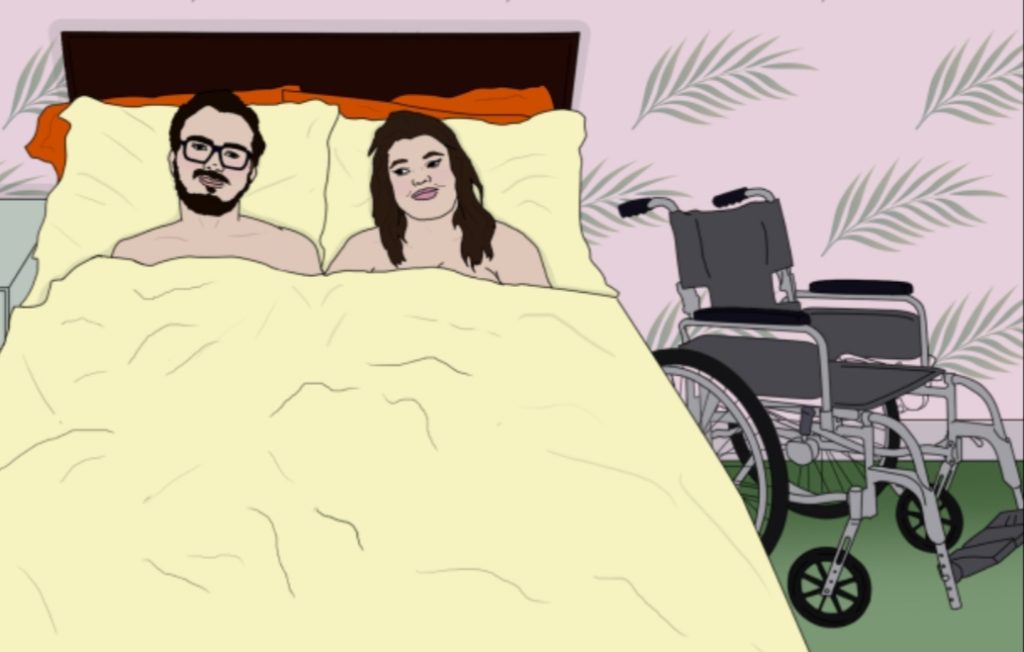
6. What were/are your biggest concerns prior to losing your virginity?
Becky, 22, SMA Type 2: “Apart from the typical concerns, I had additional worries. Positioning was the main one. I was worried about discomfort and being considered ‘boring’ due to my physical limitations. I was also concerned that the person I lost my virginity to wouldn’t be patient with me.
I had no idea what positions were possible and so trusting the person to be patient with me was a must. Being vulnerable was also a concern. When I’m in bed, I have no escape, meaning that anyone could easily take advantage of me.”
Amy, 30, Congenital Muscular Dystrophy: “My biggest concerns were not being able to do certain positions without my partner doing most of the work, and being unable to sexually satisfy him due to my muscle weakness.
Now several years on I’ve realised sex is more about creativity and trust, with those two things you can achieve almost all your sexual desires. Plus it isn’t all about intercourse. My only concern remaining is that my partner may one day prefer an able-bodied girl and get tired of thinking outside the box to make certain sexual activities possible.”
Sarah, 27, SMA Type 2: “I think my biggest concern was the uncertainty and not knowing my body’s limitations. I had no idea if I’d be able to get into a good position to have sex. I was also concerned whether I’d find the right person who would be patient enough to work together with me.”
7. Do you think your first sexual experience was more challenging/awkward purely because of your disability?
Becky, 22, SMA Type 2: “I would actually say no. For anyone, having sex for the first time is awkward. It’s all new feelings and sensations that no one can prepare for and sharing something intimate and new with someone. The only challenge I had was finding an easy position, due to my lordosis, but I was prepared for that.”
Amy, 30, Congenital Muscular Dystrophy: “It was more awkward purely due to my anxiety over what their reaction would be to my limitations in the bedroom. We didn’t talk beforehand, which I regret as it may have helped me relax, but I was embarrassed by the things I thought I would struggle with regarding intercourse in particular.”
Sarah, 27, SMA Type 2: “It was definitely more challenging and awkward. Looking back, I regret it happening when it did and with who. Despite dating quite a few different people prior to losing my virginity, I didn’t think any guy would want to have sex with me. When he did, I felt like I couldn’t say no because I didn’t think I’d get the opportunity to experience it again. I was lucky though that it was his first time too.
The whole thing was awkward. In an attempt to be romantic, he picked me up off the sofa and carried me to the bedroom but the flat corridors were super tight so he whacked my head on the door a few times. Then my floppy, bendy limbs made it difficult for him to get me undressed. The awkwardness carried on until I was re-dressed and back in my wheelchair.”
8. What are the most common misconceptions you have faced?
Becky, 22, SMA Type 2: “The main one is that I can’t have sex, full stop. On dating apps and on nights out, I am constantly asked if I can have sex. The sad thing is, some people are genuinely shocked when they learn that I can. Another misconception is that sex with a disabled person can be boring. Or that the disabled person is fragile and can be broken. These are both totally inaccurate.”
Amy, 30, Congenital Muscular Dystrophy: “That I am asexual because I’m a wheelchair-user or I have no sensation and therefore there’s nothing in it for me. I AM sexual, I do enjoy sex in a loving relationship (never been a one night stand kind of girl) and I CAN feel!”
Sarah, 27, SMA Type 2: “While online dating, I was often asked if I could have sex. Quite a few people I dated assumed I was paralysed and so I they would question if I had any sensation.”
9. When having sex, how do you overcome the physical limitations associated with your disability?
Becky, 22, SMA Type 2: “I overcome physical limitations by being honest with my partner. I’m always upfront with what I may need help with but also what I don’t need help with. It’s good to talk about challenges that may arise but also not to dwell on them. I sometimes just find it easier to mention things when actually getting into it. Talking and worrying too much can ruin the mood completely.”
Amy, 30, Congenital Muscular Dystrophy: “I did a lot of research into sexual positions for wheelchair-users. This coupled with knowing my own body’s limitations gives me a good sense of my capabilities in bed. In the areas I knew I’d struggle, my adaptive personality takes over and we just get creative using the ceiling track hoist. Oral, mutual masturbation, sensual massages etc are just as satisfying as intercourse.”
Sarah, 27, SMA Type 2: “I think having the right partner is key. If you’re not comfortable with them, it makes overcoming obstacles really difficult. You need to be with someone who you can be fully open with about your desires and that person needs to be willing to work within your limitations.”

10. In terms of sexual intercourse, what can’t you do that you wish you could?
Becky, 22, SMA Type 2: “There are some positions I wish I could do that are off-limits. The majority are adaptable but taking the lead would be fun. I can do that to some extent but not completely. Being spontaneous is also something I wish I could do – being able to jump into bed with someone without the whole process of hoisting and undressing. Also, having privacy and secrecy is something I’d like.”
Amy, 30, Congenital Muscular Dystrophy: “I can’t do certain positions unaided because my trunk muscles are too weak for me to be on top. I get frustrated at times with the restrictions of the ceiling hoist. But there are loads of other positions, so I don’t feel I miss out just because 1one or two are not possible.”
Sarah, 27, SMA Type 2: “There’s so much I can’t do, but the main thing I wish I could do isn’t a sexual thing. I really wish I could roll over by myself and give my boyfriend a hug and a kiss in bed without him having to help. In the past, I did feel like I was missing out on things but with the right partner, I don’t anymore. We’re in a really happy and loving relationship and even if I can’t do much in bed we still have a great time!”
Laura, 24, Limb Girdle MD: Obviously, as a full-time wheelchair-user there are things I can’t do, like doggy-style and being on top. But I find that you just have to be creative, have fun and laugh through the awkwardness! I do so wish I could masturbate but I don’t have the strength in my hands.”
11. What advice would you offer to other disabled people who are sexually inexperienced?
Becky, 22, SMA Type 2: “Don’t over-think things. It can be easy to think about all the difficulties you may face or embarrassing moments you may have but don’t let that have a hand in you missing out on sexual relations. On the other hand, make sure you trust whoever you’re intimate with. Even if it’s a one night stand, ask some trigger questions to get an idea of how they will treat you. But honestly, just have fun. Sex is great and everyone deserves to experience it.”
Amy, 30, Congenital Muscular Dystrophy: “Communication is essential. Think outside the box, use props for support and be open-minded. Practice, practice, practice and have fun.”
Sarah, 27, SMA Type 2: “Get used to having to communicate your needs, don’t just expect your partner to guess what you can and can’t do in bed. It’s also important to communicate what your likes and dislikes are. But probably my most important piece of advice is, don’t rush into things. There’s so much pressure on people to lose their virginity that it can make you feel like a loser if you haven’t had sex. It’s not for other people to dictate when the right time is. If someone comes along who wants to have sex with you, don’t do it just because you think you should.”
13. Are there any particularly funny sexual episodes you’d like to share?
Becky, 22, SMA Type 2: “My ex and I always struggled to find time alone together, due to the fact I share a room. We had to take advantage whenever possible, especially during the honeymoon period! We had a few spare minutes in my van (an advantage of having tinted windows!) and so I started giving oral as he unbuttoned my shirt. Suddenly he told me that my PA was getting closer and quickly sat in the passenger seat, making sure he was decent. He totally forgot that I couldn’t button my shirt back up until he looked back at me, his eyes wide, as my PA opened the door. He quickly moved in front of me, blocking me from her view as he buttoned me back up. We just pretended that nothing had happened and the PA still doesn’t realise!”
Amy, 30, Congenital Muscular Dystrophy: “My first time was in a hotel room in Birmingham. Little did we know the walls were paper thin and a family with young children were next-door. The following morning, I overheard the parents complain of a couple going at it so loudly the night before, it kept their kids up! I was mortified while my partner thought it was hilarious.”
Sarah, 27, SMA Type 2: “My boyfriend and I were on the sofa watching TV when my PA said she was popping out for a couple of hours. Clearly we wanted to make the most of this time alone. While he could undress me just fine, the re-dressing was slightly challenging. When my PA came back she said, ‘what the hell has happened to you clothes?!’”
Laura, 24, Limb Girdle MD: “Me and my then partner tried to use the hoist so that I could be on top. But as soon as he released the straps, I fell on top of him like a sack of potatoes and squashed him. But we laughed a lot!”

Coming Soon: Disability & Dating ~ The Boys!


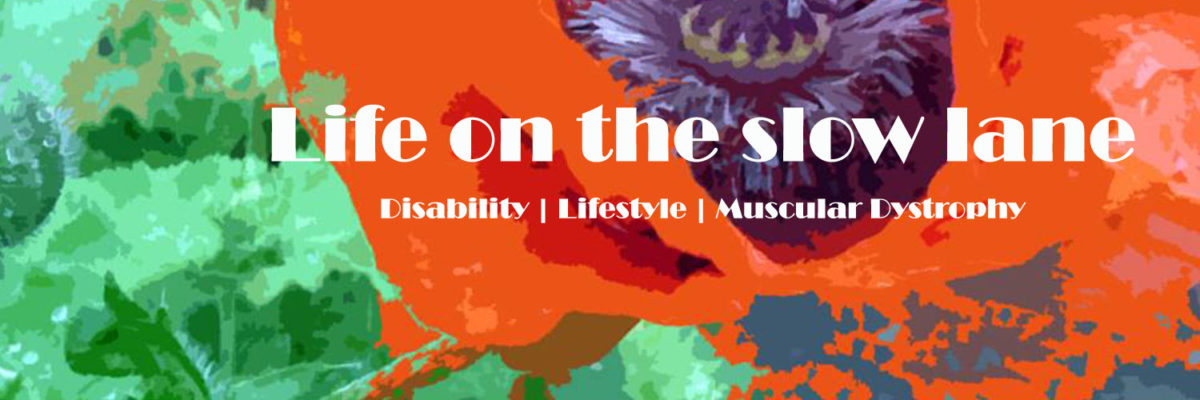

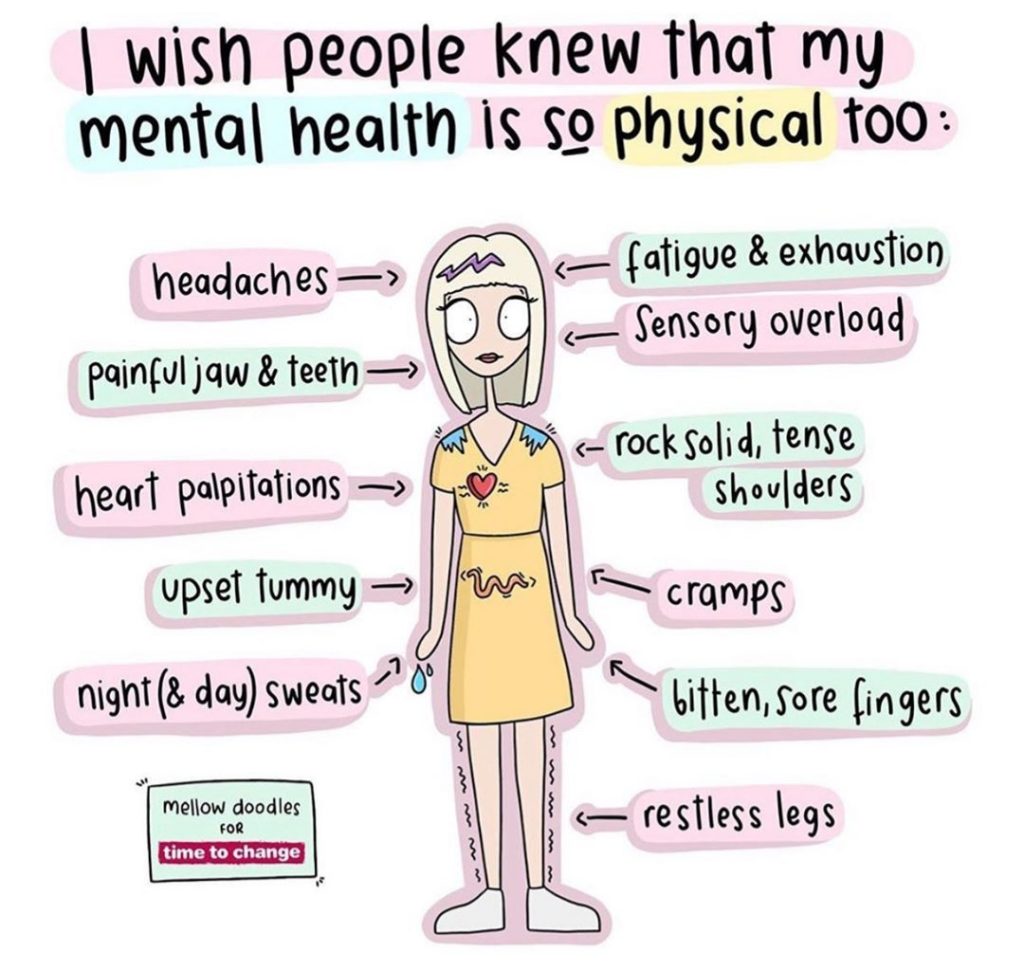


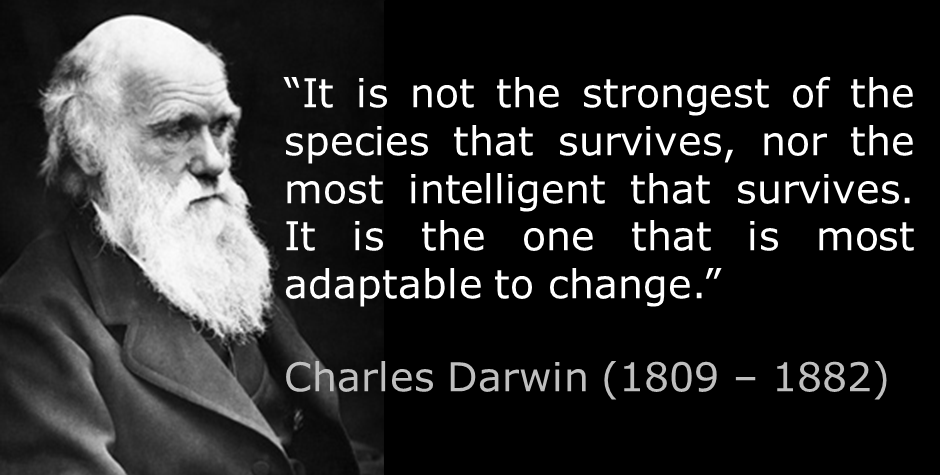

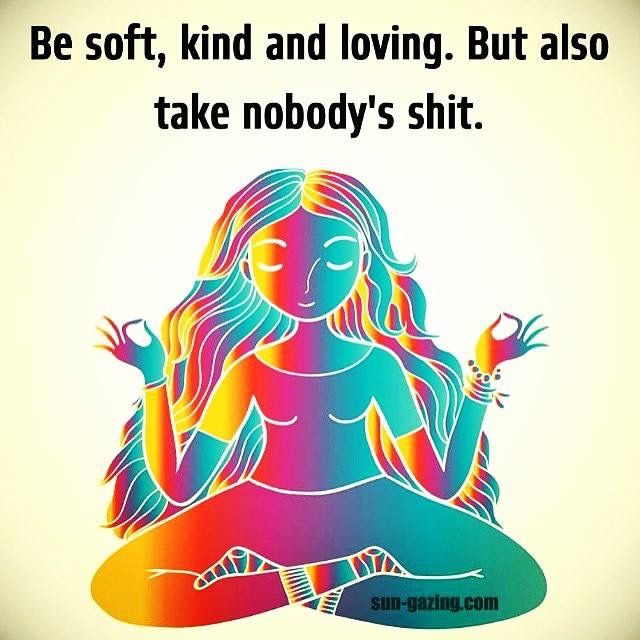



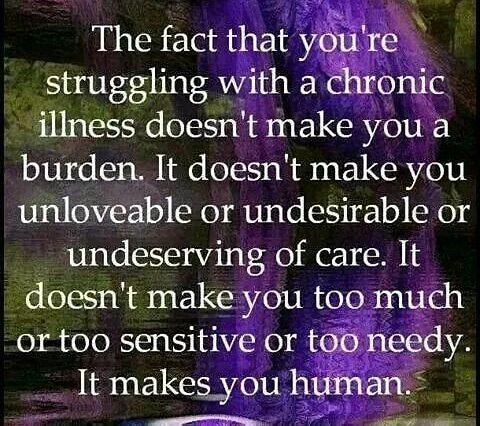

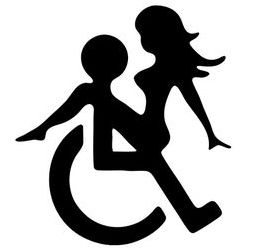
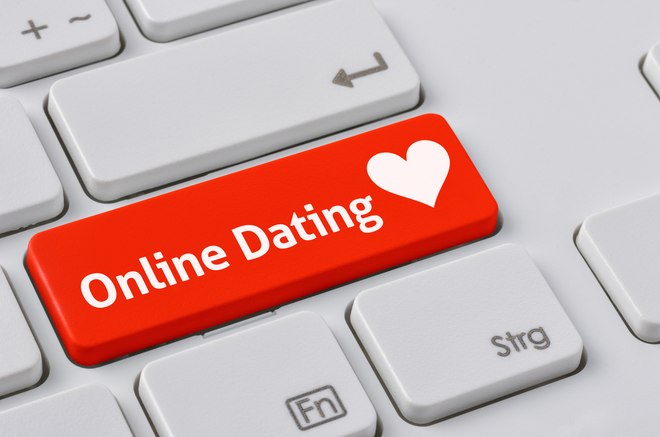

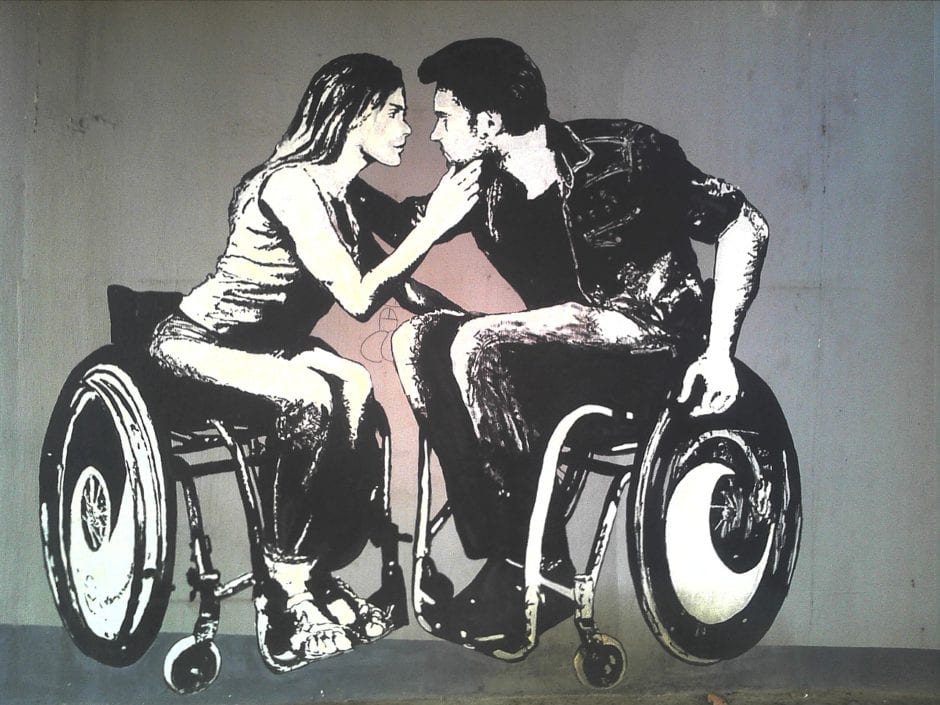









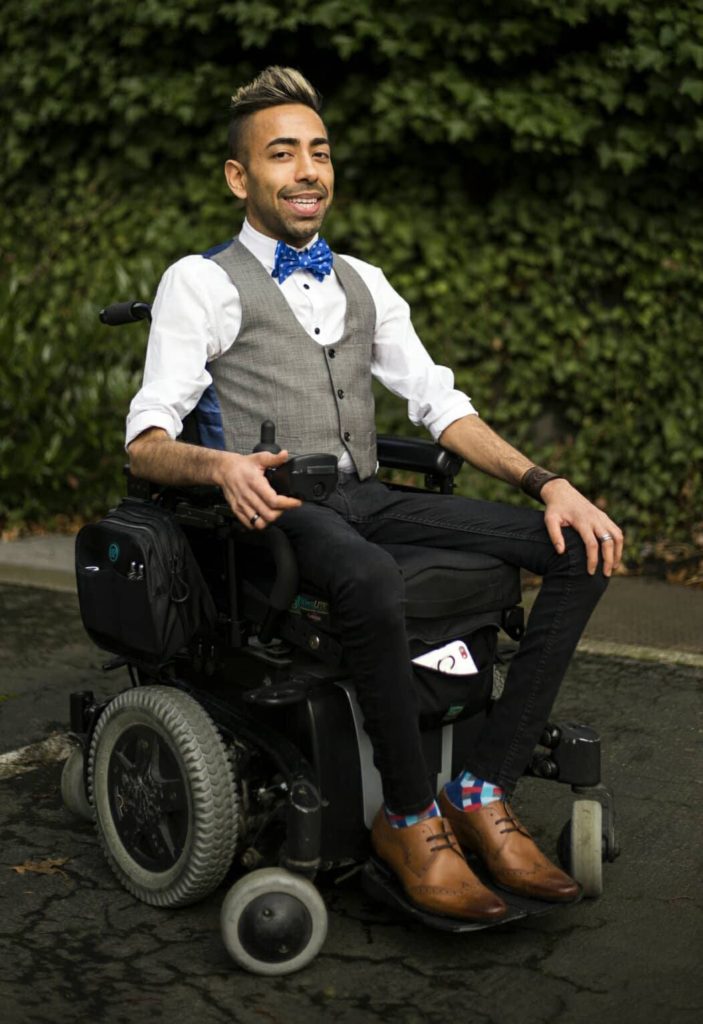
![The [Un]dateables](https://www.lifeontheslowlane.co.uk/wp-content/uploads/2017/02/undateables.jpg)
